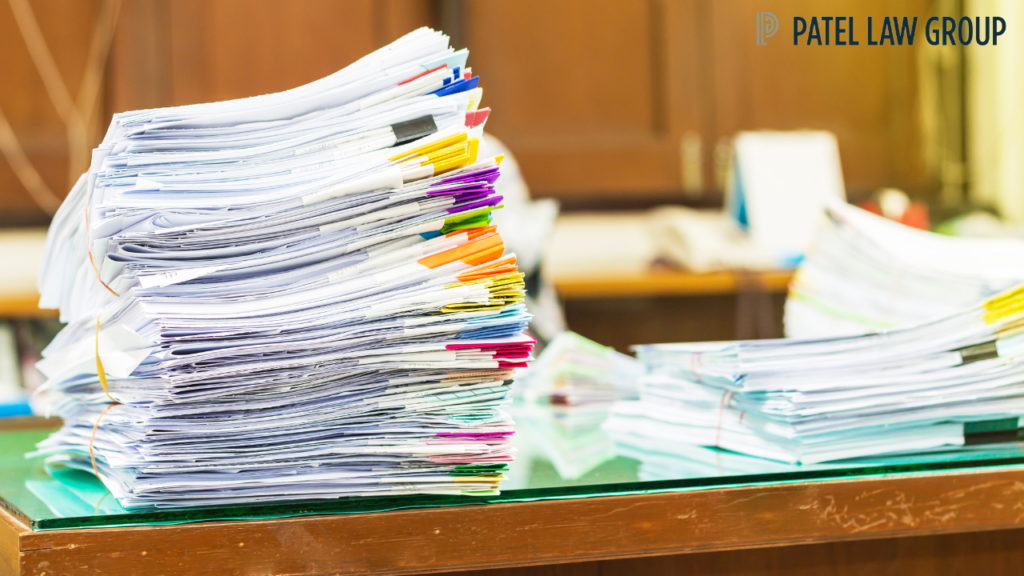The Department of State Reciprocity Schedule is a crucial resource for anyone involved in the U.S. immigration process, whether you are petitioning for an immigrant relative, the Beneficiary in a petition, or filing for a non-immigrant status. This article shall provide details on the reciprocity schedule, explaining what it is, how it works, and why it’s important.
What is the Department of State Reciprocity Schedule?
The Reciprocity Schedule provides detailed information on the documents that are typically required for visa applications based on the applicant’s country of origin, such as birth certificates, police certificates, and court records. It also outlines the availability of these documents, their reliability, and any special requirements or conditions associated with them.

How Does the Reciprocity Schedule Work?
The schedule is organized by country and provides specific details on the following:
- Document Types: Lists the types of documents required for visa processing, including civil documents (e.g., birth, marriage, and death certificates), police records, military records, court and prison records, Identity Cards, and Adoption records.
- Issuing Authority: Identifies the government entity responsible for issuing each type of document.
- Special Seal(s) / Color / Format: Describes any unique features of the documents, such as specific seals, colors, or formats that indicate their authenticity. Although, many of these details vary by state/province. For example, in the UK, they offer two different formats of birth certificates (long-form and short-form). The reciprocity schedule explains that the long-form certificate is required, as it lists parent information which the short form does not.
- Availability and Reliability: Provides information if a document is available and how the document can be obtained. In addition, it will provide information on the document’s general reliability.
For example, in Iran, police certificates are available but considered unreliable. Thus, when it comes to US immigration, this document is not required.
- Alternate Documents: Suggests alternative documents that can be used if the standard
documents are unavailable.
For example, in India, birth certificates are not typically available for those individuals who were born before April 1, 1970, a birth certificate might not be available. In these cases, the reciprocity schedule explains that the individual can provide secondary documents, such as School-leaving certificates, Matriculation Certificate, Affidavits, etc.
Why is the Reciprocity Schedule Important?
The Reciprocity Schedule serves several critical purposes:
- Standardization: It standardizes the documentation process for visa applications, ensuring that all applicants provide consistent and reliable information.
- Verification: It helps USCIS and consulate officers verify the authenticity and accuracy of documents submitted with visa applications.
- Guidance: It provides intending immigrants with clear guidance on what documents they need to obtain from their home country, reducing the likelihood of delays or rejections due to incomplete or incorrect documentation.
It is important to remember that the reciprocity schedule is updated periodically. Individuals should regularly review the country-specific information and not assume that everything remains the same. Additionally, some documents, such as police certificates, can take time to obtain, so do not wait until the last minute to gather them. Submitting incomplete cases to USCIS, NVC, or the consulate will result in processing delays.
The Department of State Reciprocity Schedule is an invaluable tool for ensuring your visa application is complete and accurate. By understanding and utilizing this resource, applicants can significantly improve their chances of a smooth and successful visa process.
If you have any questions, please do not hesitate to contact me at cprescott@patellegal.com..